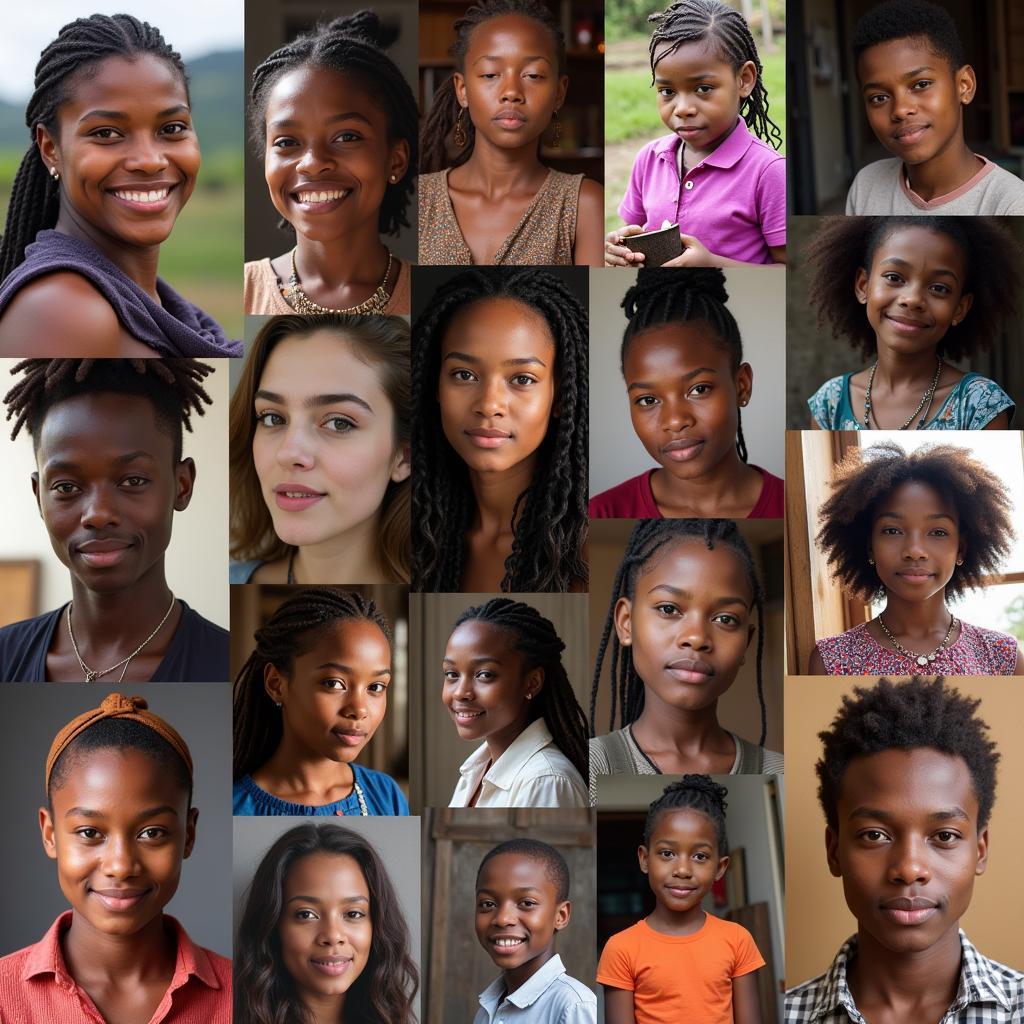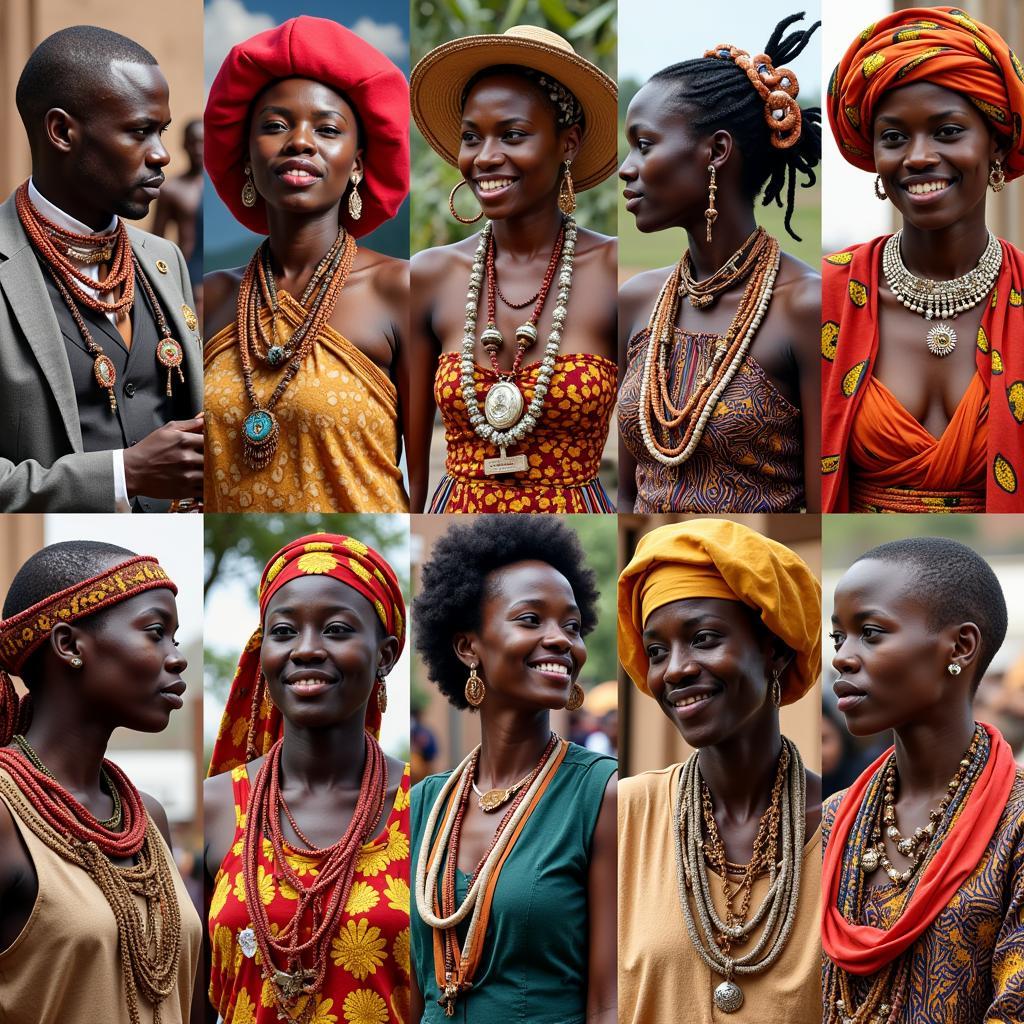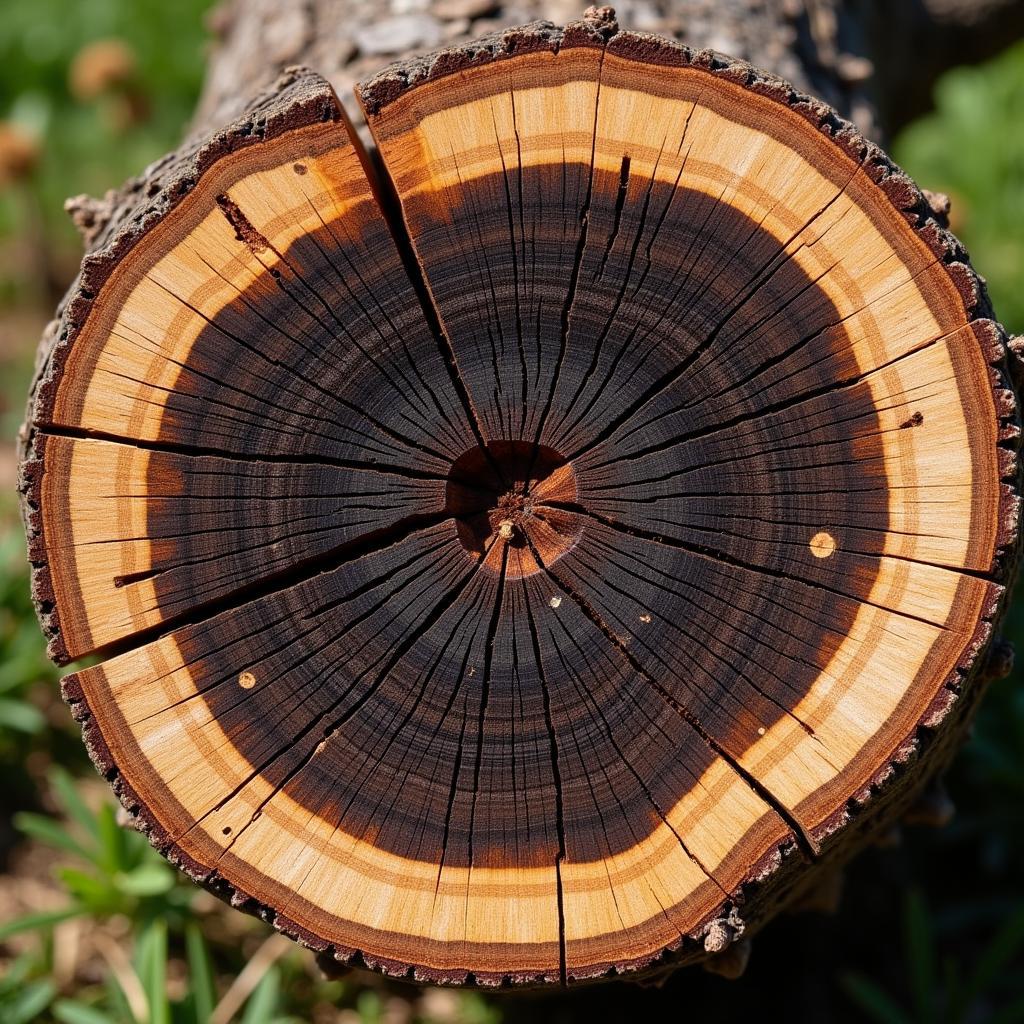Unmasking African Age Fraud Memes: A Deeper Dive into the Humor and Controversy
The internet is awash with “African Age Fraud Memes,” often poking fun at the perceived discrepancies between a person’s appearance and their claimed age, particularly within the context of African sports. But beyond the humor, these memes raise complex questions about cultural perceptions, stereotypes, and the very nature of aging in diverse societies. This article delves into the phenomenon of African age fraud memes, exploring their origins, the controversies they spark, and the underlying social commentary they often represent.
The Genesis of African Age Fraud Memes: From Sports to Social Media
The roots of these memes can often be traced back to the world of sports, particularly football (soccer). Instances of alleged age discrepancies among African players have fueled speculation and, subsequently, online humor. This has spread beyond sports, permeating social media platforms with memes featuring exaggerated ages and humorous portrayals of individuals looking older than their claimed years.
While some find these memes harmlessly funny, others criticize them for perpetuating harmful stereotypes about Africa and its people. The debate highlights the fine line between humor and prejudice, raising questions about the ethical implications of online jokes rooted in cultural differences.
Beyond the Laughs: Understanding the Context of African Age Fraud Claims
It’s crucial to understand that the issue of age discrepancies isn’t unique to Africa. Historically, inaccurate age records have been a global phenomenon, often stemming from a lack of formal birth registration systems, particularly in developing nations. In some cultures, age is also perceived and recorded differently, further complicating the matter. For instance, some communities may rely on developmental milestones rather than strict chronological age.
Additionally, allegations of intentional age falsification for competitive advantage in sports should be investigated and addressed appropriately, but it’s important to avoid generalizations that paint an entire continent with the same brush. Focusing solely on the humorous aspect of these memes risks overlooking the complex socio-cultural factors at play.
Navigating the Nuances: African Age Fraud Memes and the Perils of Stereotyping
The perpetuation of stereotypes through humor can be particularly damaging. African age fraud memes, while often intended as lighthearted jokes, can reinforce negative perceptions about the continent, contributing to a broader narrative of mistrust and misrepresentation.
It’s crucial to engage with these memes critically, recognizing the potential for harm while acknowledging the role of humor in social commentary. Open dialogue and a deeper understanding of the context surrounding these jokes can help mitigate the negative impacts of stereotyping and promote more nuanced perspectives.
“Humor can be a powerful tool for social commentary, but it’s essential to wield it responsibly,” says Dr. Adeola Oladeji, a sociologist specializing in African cultural studies. “African age fraud memes, when taken out of context, can perpetuate harmful stereotypes. We need to engage with these memes critically, recognizing the complex realities they often oversimplify.”
 African Age Diversity Representation
African Age Diversity Representation
African Age Fraud Memes: A Reflection on Aging and Identity
Beyond the controversy, these memes can also be viewed as a reflection on the broader themes of aging and identity. The humor often derives from the perceived disconnect between chronological age and physical appearance, raising questions about how we define and perceive age in different cultures.
“The concept of age is not monolithic,” explains Dr. Kofi Asante, an anthropologist specializing in African age systems. “In many African cultures, age is not simply a number but a reflection of social status, experience, and wisdom. These memes, albeit humorously, touch upon these complex cultural nuances.”
Conclusion: Engaging with African Age Fraud Memes Responsibly
African age fraud memes, while often humorous, present a complex interplay of cultural perceptions, stereotypes, and social commentary. Engaging with these memes responsibly requires critical thinking, a nuanced understanding of the context, and a willingness to move beyond simplistic generalizations. By recognizing the potential for both humor and harm, we can foster more informed and respectful discussions about age, identity, and the diverse cultures of Africa.
FAQ:
- What are African age fraud memes? Memes that humorously depict perceived age discrepancies, often in the context of African sports.
- Why are these memes controversial? They can perpetuate harmful stereotypes about Africa and its people.
- Are age discrepancies unique to Africa? No, inaccurate age records have been a global phenomenon.
- What contributes to age discrepancies? Lack of formal birth registration, differing cultural perceptions of age, and potential intentional falsification.
- How should we engage with these memes? Critically, recognizing the potential for harm while acknowledging the role of humor.
Common Scenarios and Questions:
- Scenario: Seeing an African age fraud meme shared on social media.
- Question: Is this meme perpetuating harmful stereotypes?
- Scenario: Discussing the issue of age discrepancies in sports.
- Question: What are the socio-cultural factors contributing to this issue?
Further Exploration:
For more information on African culture and society, explore other articles on our website related to African traditions, sports, and social issues.
Call to Action:
For any assistance or further inquiries, please contact us:
Phone: +255768904061
Email: kaka.mag@gmail.com
Address: Mbarali DC Mawindi, Kangaga, Tanzania.
We have a 24/7 customer support team.



